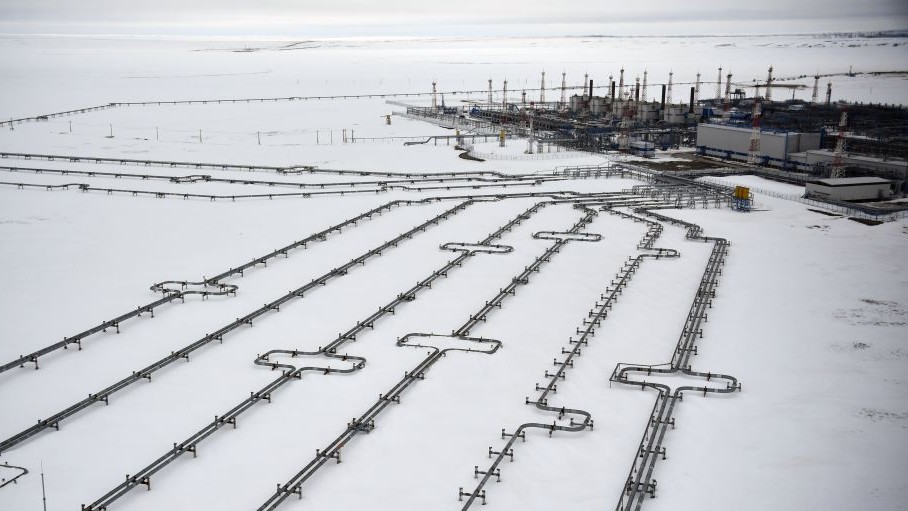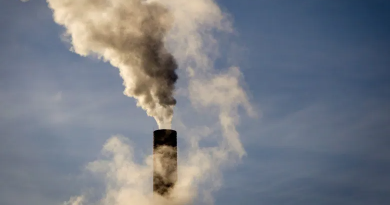Huge budget deficit is building up in Russia’s economy

Moscow’s oil and gas revenues plummeted 46% in January-February.
According to the Russian Ministry of Finance, federal budget revenues in the first two months of 2023 were down 25 percent compared with the same period in 2022. A total of 1,263 trillion rubles entered the state treasury in the period.
Parallel to the shrinking revenues comes a significant increase in state spending. Budget expenditure in January-February amounted to 5,744 trillion rubles, up 52 percent year-on-year.
The figures show that a major budget deficit of 2,581 trillion rubles, or about 45 percent, has built up over only two months.
The lower revenues are related with Russia’s increasingly troublesome sales of oil and gas. According to the Finance Ministry, revenues from the petroleum industry amounted to 947 billion rubles, a decrease of 46 percent compared with the same period in 2022. The drop follows the price cap on Russian introduced by western countries on 5th of February, as well as the halt in natural gas sales by pipeline to the EU.
Traditionally, revenues from sales of crude oil, petroleum products, and natural gas have accounted for about a half of Russia’s federal budget.
Gov says budget disparities can be overcome
But also other sectors bring less money to the Russian treasury. The so-called none-petroluem revenues shrunk by nine percent year-on-year, much of it reportedly caused by a drop in collected income taxes.
Budget troubles now loom over Russia’s economy, and the federal government will find it increasingly hard to finance the onslaught on Ukraine.
However, the Finance Ministry argues that the disparities in the budget will be overcome. Amendments in the tax code will gradually help restore the level of revenues from the oil and gas industry, it says.
And the high level of spending can be explained by “a rapid conclusion of contracts and advances in financing for certain contracted costs in the beginning of 2023,” the ministry informs.
Related stories from around the North:
Canada: Yukon gov’t boasts of ‘strongest economy in Canada,’ tables $48M surplus budget, CBC News
Norway: Norway’s oil minister: “We need new discoveries”, The Independent Barents Observer
Russia: More Russian Arctic oil via Murmansk redirects to India, The Independent Barents Observer
United States: Sen. Sullivan stresses economic promise of Willow drilling project in annual address to Legislature, Alaska Public Media



